Researcher Spotlight #4
Featuring members of our team is always a joy. This week, we shift focus to our wonderful director, Dr. Lauren Beck.
Who is Dr. Beck? Not only is she a Professor in Hispanic Studies and Programme Advisor at Mount Allison University, but she also holds the position of Canada Research Chair in Intercultural Encounter. Her main areas of research center on early modern visual culture (for example in the Atlantic world), Hispanic literature and culture, historical cartography, and text-and-image relations. She also focuses on marginalized voices, looking at questions of gender, race, and the role of place names.
As a testament to her success, Dr. Beck’s research has been supported by external grants from the Social Sciences and Humanities Research Council, the Canada Foundation for Innovation, the New Brunswick Innovation Foundation, The Canada History Fund, and the Canada Research Chair programme.
Some of Dr. Beck’s publications include Illustrating el Cid, 1498-Today (McGill-Queens UP, 2019) and Firsting in the Early Modern Atlantic World (Routledge, 2019). She has published articles in journals such as Renaissance Quarterly, Image and Narrative, and Journal of Women’s History and until recently served as the editor of Terrae Incognitae. Dr. Beck will also be the guest editor of The Social Lives of Maps, a special issue of The Material Culture Review/Revue de la Culture Matérielle. You can access some of her publications here.
These are only some of the reasons that make Dr. Beck an amazing leader and role model for our team. We are very thankful to have her guiding the CEMVC and for the many lessons she has taught us along the way.
Lucky for us, Dr. Beck took some time to answer some of our pressing questions to help you get a better sense of her work and interests:
Q: What inspired you to start the CEMVC?
A: Over the years, I have amassed large collections of book illustrations for various projects that were sometimes difficult to search through because they were simply collections of files with file names, but there were no descriptive bits to help me find what I was looking for. The CEMVC solves that by allowing me to search by object, subject, book title, and so on, and everyone else can as well.
Q: What is your favourite CEMVC collection to date?
A: Right now I’m rocking the Coat of Arms collection. There’s nothing like it that I’ve encountered, certainly not for the Americas, and my research is focusing on how identity becomes reflected in these symbols of place identity.
Q: Do you think digital humanities will have a guiding role in shaping future research across academic fields? If so, how?
A: Digitization offers a methodological turn in how we do research in the humanities, whether that’s in the form of analysing massive amounts of data in corpora and databases, structured search inquiries that allow us to parse large amounts of data, or in solutions such as apps that allow us to classify data: increasingly our analysis relies upon methodologies rooted in the digital world. As we become more capable and literate as a society in all things digital—because it’s no longer the domain of computer scientists—we will see even more transformative developments in how we know and research the world around us.
Bonus Q: Coffee or tea?
A: Tea with extra milk, please.
Click here for more information on Dr. Beck and don’t forget to subscribe to our newsletter!

